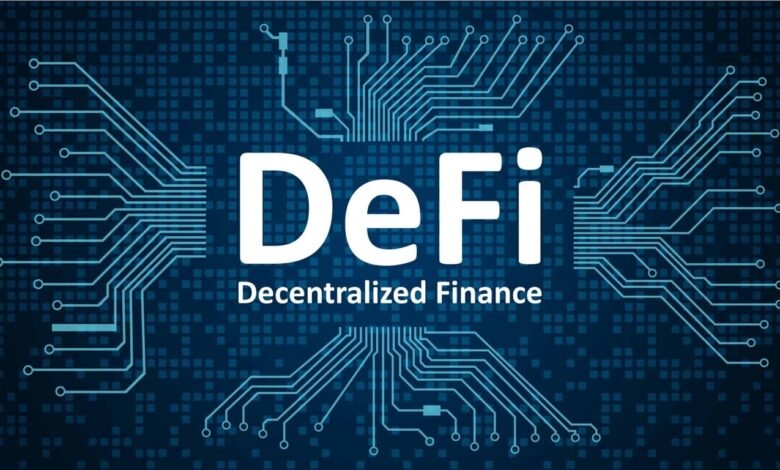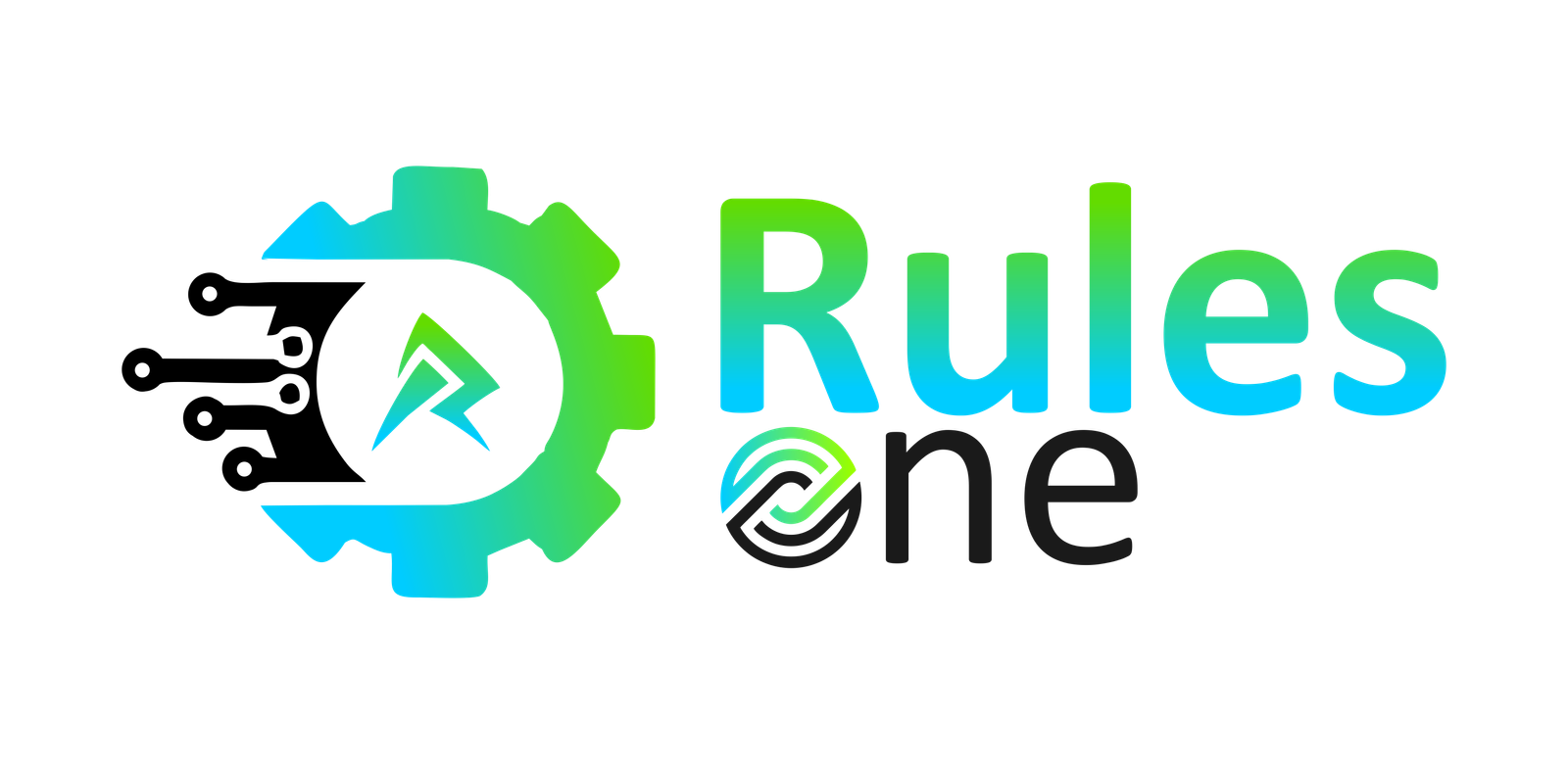Blockchain and Decentralized Finance: Unlock the Future

Blockchain and Decentralized Finance
Have you ever wondered what Blockchain and Decentralized Finance mean? You’re in for a treat, then! This article looks deeply into these two ground-breaking ideas, illuminating how they have the power to alter the financial landscape.
What is Blockchain
The basic definition of blockchain is a distributed digital ledger. Imagine a book where transactions are recorded, but copies of this book are dispersed throughout various computers worldwide instead of being maintained in a single location. And every time a change occurs, everyone gets updated. It’s like a Google Doc shared among countless participants, but much more secure!
Unveiling Decentralized Finance (DeFi)
When we talk about finance, we often think of banks. DeFi aims to replace that centralized model. It uses blockchain technologies, mainly Ethereum, to recreate traditional financial instruments without intermediaries.
Traditional vs. Decentralized Finance
Intermediaries like banks or brokers play pivotal roles in the traditional finance system. They ensure trust, process transactions, and maintain order. But they also charge fees, can deny services, and are prone to breaches. DeFi eliminates these middlemen, offering a more open and inclusive financial system. Think of it as peer-to-peer finance on steroids!
How Blockchain Powers DeFi
How does a digital ledger empower such a financial revolution? Here’s the breakdown:
Smart Contracts: The Building Blocks
At the heart of Blockchain and Decentralized Finance are smart contracts. These self-executing contracts with terms of agreement directly written into code lines facilitate, verify, or enforce credible transactions. Imagine setting up an automated, trustless deal with someone without needing a third party to oversee it!
Tokens and Crypto Assets
DeFi projects often issue tokens representing assets or utility within their ecosystem. These tokens can be traded, staked, or used as collateral, enabling many financial activities without traditional banking systems.
Decentralized Exchanges (DEXs)
DEXs permit direct peer-to-peer sales, unlike conventional exchanges that depend on a centralized authority. It’s like swapping your apples for bananas with a friend, but digitally and with cryptocurrencies.
Benefits of DeFi
DeFi isn’t just a buzzword; it offers tangible benefits:
Financial Inclusion
Did you know billions of people lack access to banking? DeFi can bridge this gap, offering financial services without the need for bank accounts or credit histories.
Transparency and Security
With transactions recorded on a public ledger, DeFi offers unparalleled transparency. And hacking becomes a formidable challenge since data is spread across numerous nodes.
Interoperability and Composability
Different DeFi projects can easily integrate. It’s like combining different Lego sets to create something unique and functional.
Challenges Facing DeFi
While promising, DeFi has hurdles. Scalability, volatile asset values, and regulatory concerns are among the challenges that need addressing. But as with any budding technology, we can expect solutions to evolve.
The Future of Blockchain and Decentralized Finance
As innovations continue and solutions emerge for current challenges, the union of blockchain and Decentralized Finance promises a future where finance is more transparent, inclusive, and user-centric. And if more people join, a financial revolution could soon occur!
Conclusion
Together, blockchain and decentralized finance can upend the way that traditional money is done. Despite being young, this team has great potential. Are you willing to participate in this revolution?







